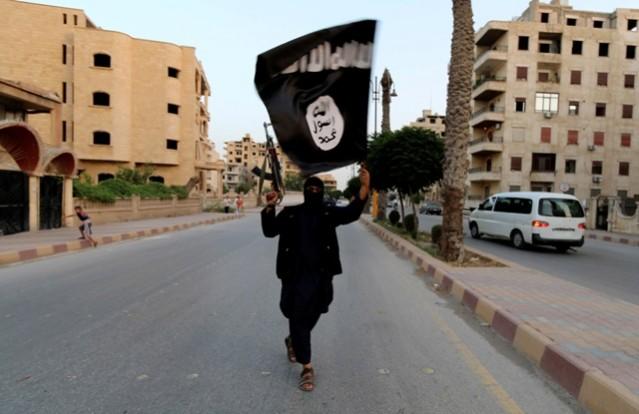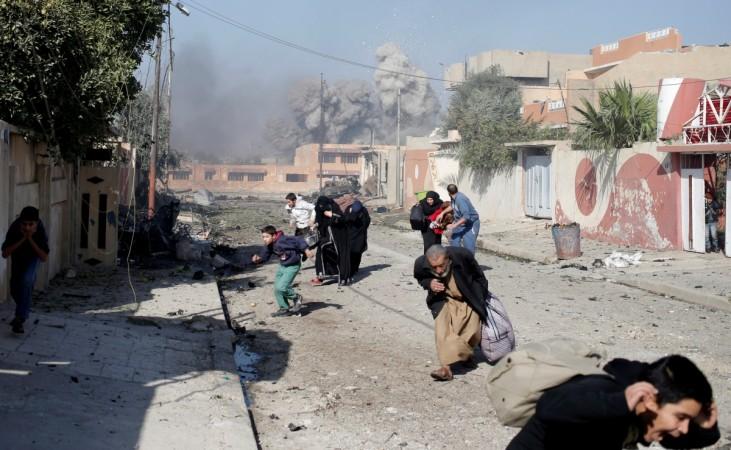
Islamic state (ISIS) militants are reportedly resorting to horses and donkeys to travel in Kirkuk's Hawija in Iraq to make up for the fuel shortage the extremist group is facing, a local source in the province told Alsumaria News on Wednesday.
Horses have been allocated for senior leaders, while donkeys have been given to subordinate militants to move in the region, the source said. He also added that the decision has been taken by the extremist group to facilitate movement in the region and to protect their fighters from being targeted in attacks by the Iraqi army.
Hawija and other neighbouring areas in south-west Kirkuk of northern Iraq have been under ISIS control since 2014. It was in 2014 that the militant group emerged to proclaim an Islamic "caliphate" in Iraq and Syria and took control of swathes of both the countries.
ISIS executed dozens of civilians and security members there, forcing thousands to flee homes, creating an unprecedented refugee crisis in European countries where the refugees migrated to in search of safety.

Reports state that local tribal leaders and politicians have increased pressure on the Iraqi government to regain control of the region. The politicians suggest that the area's people are experiencing a humanitarian crisis under ISIS rule.
ISIS has currently employed the largest portion of its military effort in its last stronghold Mosul, where the Iraqi government backed by US forces is battling the militant group. Reports state that the group is currently cornered in a few square kilometres as the Iraqi army is regaining control.
Iraq










